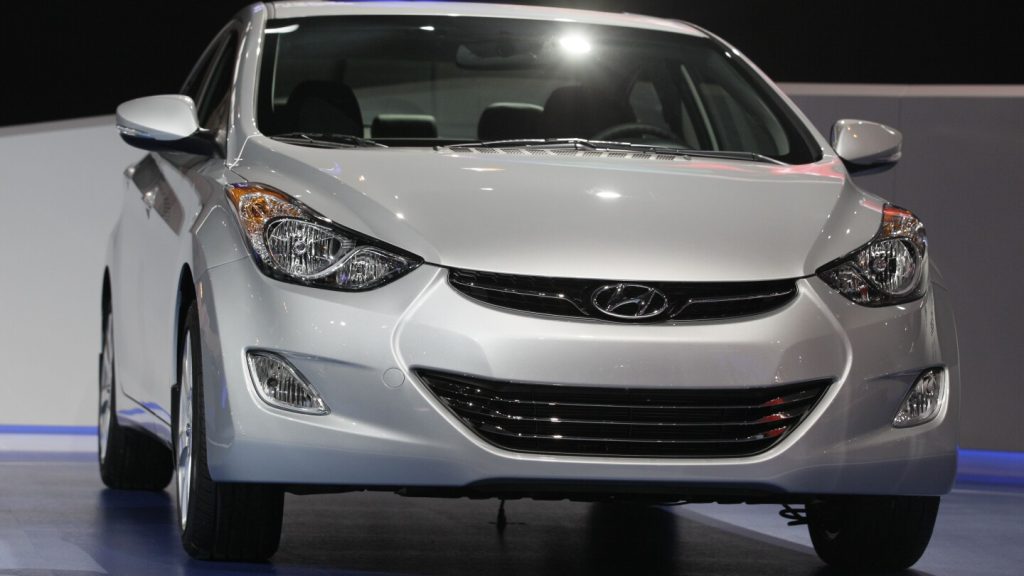Hyundai and Kia issued a recall of 3.4 million vehicles in the US in September, warning of a fire risk from brake fluid leaking onto circuit boards. Most vehicles remain unrepaired until at least June, with the companies citing delays due to the large number of affected models. Safety advocates express concern over the length of time it’s taking for repairs, as well as the potential dangers posed to owners in the meantime.
The companies have advised owners to contact them if they notice warning lights or burning smells in their vehicles. Despite ongoing risks, Hyundai and Kia maintain that the cars are safe to drive. A total of 56 vehicle fires and thermal incidents were reported prior to the recalls, with no injuries or deaths. However, the long delay in repairs has raised questions about the companies’ response to the issue and whether the identified solution of adding fuses will effectively prevent fires.
Safety advocates criticize the companies for the slow pace of repairs and question the effectiveness of adding fuses as a solution. Regulators at the National Highway Traffic Safety Administration are monitoring the situation and collaborating with the automakers to ensure safety. Hyundai states that repair parts, including new fuses, are being expedited to address the issue, but some owners are increasingly frustrated by the delay and continue to report problems related to the recall.
Owners of affected vehicles are advised to park outside and away from other vehicles to minimize risks while awaiting repairs. Some complaints have been filed by owners who fear driving their vehicles and are calling for faster action from Hyundai and Kia. The companies have started offering loaner cars to concerned owners, but some customers have taken matters into their own hands by purchasing different vehicles due to safety concerns. The ongoing recall has highlighted broader issues with engine problems and safety issues on Hyundai and Kia vehicles since 2015.
The issue has also raised concerns about vehicle theft, as some of the affected models could be stolen due to a lack of computer chips in the keys and ignitions. Hyundai and Kia have issued software updates and offered steering wheel locks to prevent thefts. Investigations by NHTSA have prompted additional scrutiny of the automakers’ response to safety issues. While the companies have identified the root cause of the fire problem, questions remain about the effectiveness of the proposed solution and the potential risks to owners in the event of a fire.


